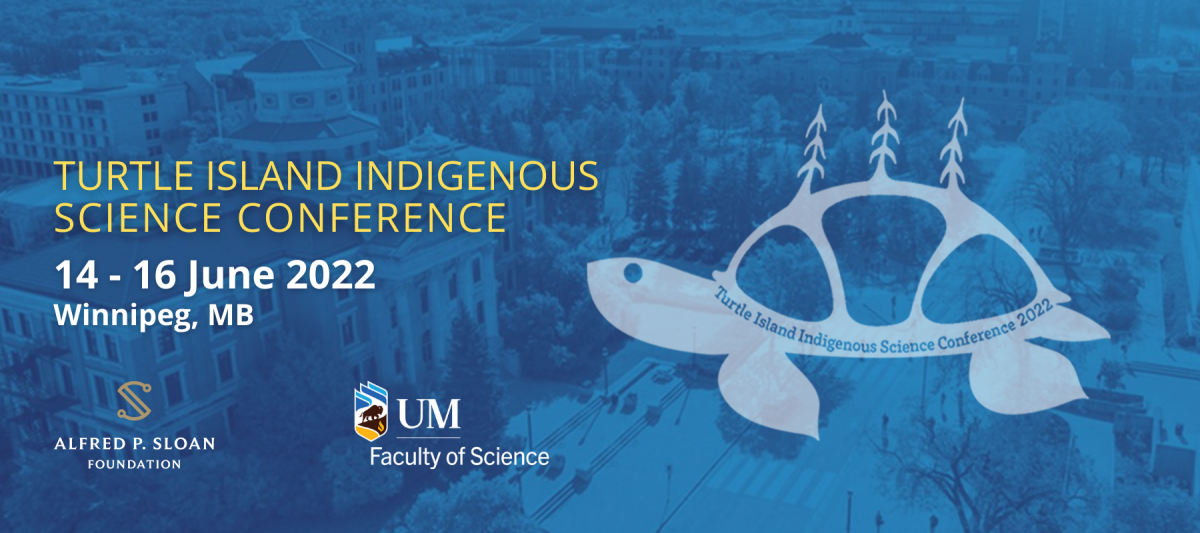
The Manitoban: U Of M Hosts Turtle Island Indigenous Science Conference
The upcoming Turtle Island Indigenous Science Conference, June 14-16, 2022 hosted by the Faculty of Science was recently featured in the Manitoban.
As the Manitoban reports:
Cultural traditions and language shape the ways people learn and view the world. For too long, Indigenous perspectives and traditional knowledge have been excluded from scientific discussions. Professors at the University of Manitoba have organized the upcoming Turtle Island Indigenous Science Conference to explore the legacy of Indigenous contributions to science.
In recent decades, there has been a reckoning in academic and STEM fields about their exclusionary histories. Indigenous scholars have been at the forefront of the movement toward inclusion in scientific and academic spaces, calling on researchers to embrace Indigenous perspectives and to acknowledge the legacy of Indigenous scientific contributions.
One of the event’s organizers is Myrle Ballard, an assistant professor in the department of chemistry and an Indigenous scholar. She spoke to the Manitoban about what participants can expect.
“This will be a great conference and is the first of its type at the University of Manitoba,” said Ballard.
Named after a creation story shared among many Indigenous peoples, the conference will host interactive workshops and sessions to explore science through an Indigenous perspective. Among the topics for discussion are the value of applying the principle of two-eyed seeing in modern scientific research.
Two-eyed seeing, or Etuaptmumk, encourages scientists, teachers and students to consider questions from two viewpoints: the traditional scientific view and the Indigenous way of knowing. A principle of cross-cultural understanding, Etuaptmumk was developed and popularized by Mi’kmaw Elder Albert Marshall. The word Etuaptmumk comes from the Mi’kmaw language and translates to “the gift of multiple perspectives.”
“Two-eyed seeing is very important, because it enables people to see from both the Indigenous lens and the western lens,” said Ballard.
“It gives someone an improved perspective of both methods of inquiry where similarities and gaps can be better understood, and to understand each other better.”






